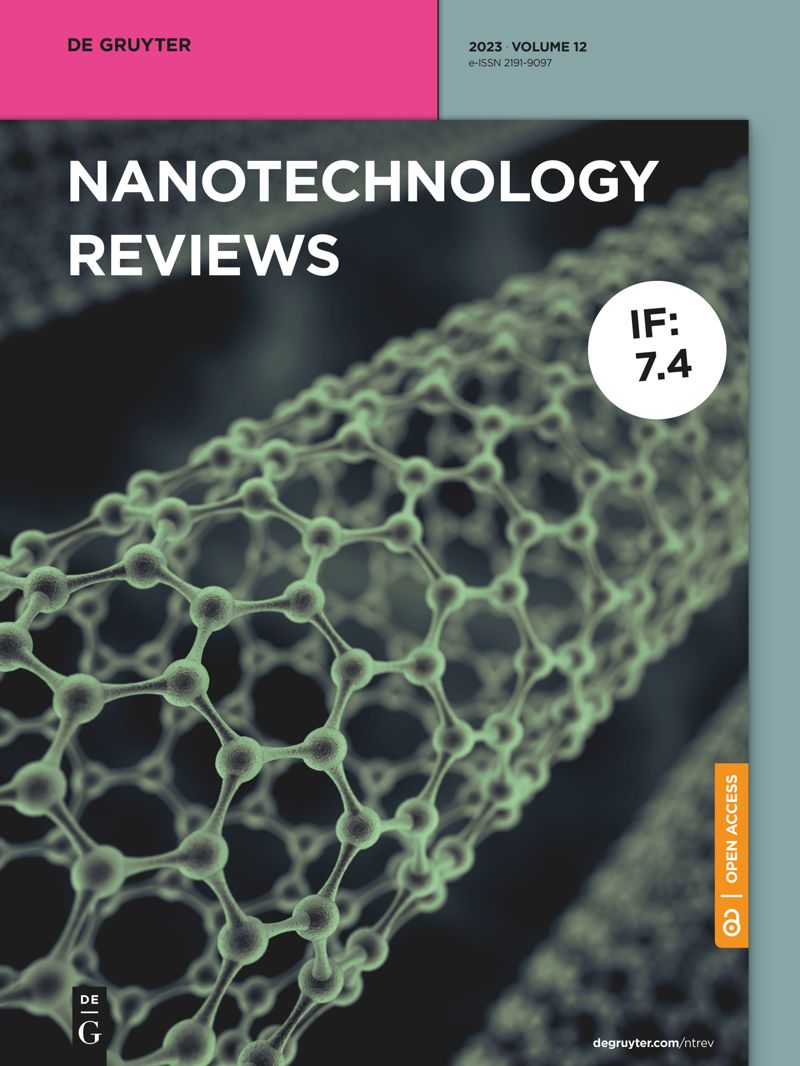Decellularized extracellular matrix as a promising biomaterial for musculoskeletal tissue regeneration
IF 6.1
3区 材料科学
Q1 CHEMISTRY, MULTIDISCIPLINARY
引用次数: 0
Abstract
Abstract The emergence of tissue engineering provides an alternative therapeutic strategy for various regeneration. It is the crucial step for choosing an ideal scaffold to support the cellular behaviors of various functional cells. Various biomaterials have been found or synthesized and applied to tissue repair. Among these biomaterials, as a natural-derived material, decellularized extracellular matrix (dECM) derived from cells, tissues, and organs is attracting more and more interest due to its good biocompatibility, biodegradability, and the ability to mimic a microenvironment similar to extracellular matrix. More and more researchers utilized dECM derived from cells, tissues, and organs to fabricate tissue-engineered scaffolds to repair musculoskeletal tissues, since the bioactive molecules of dECM, such as fibrous proteins, proteoglycans, and adhesive glycoproteins, could provide various bioactive cues for tissue regeneration and remodeling. The physiochemical properties of dECM can be enhanced by changing decellularization and modification techniques. In addition, dECM can act as carriers of drugs, factors, or exosomes, delivering agents to injured tissues and promoting tissue repair and regeneration. Therefore, we conduct this review to discuss the current status and challenges of dECM in repairing the musculoskeletal system. Furthermore, the fabrication and modification of dECM were also discussed in our study.脱细胞细胞外基质是一种很有前途的肌肉骨骼组织再生生物材料
摘要组织工程的出现为各种再生提供了一种替代治疗策略。选择理想的支架来支持各种功能细胞的细胞行为是至关重要的一步。各种生物材料已被发现或合成并应用于组织修复。在这些生物材料中,来源于细胞、组织和器官的脱细胞细胞外基质(dECM)因其良好的生物相容性、生物可降解性和模拟类似于细胞外基质的微环境的能力而越来越受到人们的关注。越来越多的研究人员利用来自细胞、组织和器官的dECM来制造组织工程支架来修复肌肉骨骼组织,因为dECM的生物活性分子,如纤维蛋白、蛋白聚糖和粘附糖蛋白,可以为组织再生和重塑提供各种生物活性线索。dECM的理化性质可以通过改变脱细胞和修饰技术来增强。此外,dECM还可以作为药物、因子或外泌体的载体,向损伤组织输送药物,促进组织修复和再生。因此,我们就dECM在修复肌肉骨骼系统中的现状及面临的挑战进行综述。此外,本文还对dECM的制备和改性进行了讨论。
本文章由计算机程序翻译,如有差异,请以英文原文为准。
求助全文
约1分钟内获得全文
求助全文
来源期刊

Nanotechnology Reviews
CHEMISTRY, MULTIDISCIPLINARY-NANOSCIENCE & NANOTECHNOLOGY
CiteScore
11.40
自引率
13.50%
发文量
137
审稿时长
7 weeks
期刊介绍:
The bimonthly journal Nanotechnology Reviews provides a platform for scientists and engineers of all involved disciplines to exchange important recent research on fundamental as well as applied aspects. While expert reviews provide a state of the art assessment on a specific topic, research highlight contributions present most recent and novel findings.
In addition to technical contributions, Nanotechnology Reviews publishes articles on implications of nanotechnology for society, environment, education, intellectual property, industry, and politics.
 求助内容:
求助内容: 应助结果提醒方式:
应助结果提醒方式:


